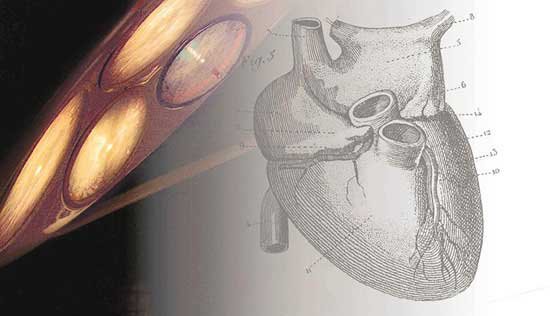OMAHA, Neb. -- While organ transplants can mean a second chance at life, some donated remains contain evidence of a crime.
On Sept. 10, 2005, Tyrone Williams, 26, was rushed to the Nebraska Medical Center in critical condition. He had been hit in the head with a brick while trying to break up a fight. Two days later, he died.
"The worst thing that can ever happen to anybody is to lose a child, but in facing that, the last thing they want to do is have to fight a system," said Williams' father, Adolph.
Adolph Williams said he remembers fighting the system. All he wanted to do was donate his son's organs to save someone else.
"There's probably very few opportunities that you have to get a 26-year-old's heart, or very young eyes, and for someone else to be able to benefit from that, it was pretty important to me to make sure to facilitate that," Williams said.
In a homicide case, it's important to preserve the evidence, prosecutors said. Williams was told his son's organs could not be donated because it would jeopardize the criminal case.
"In most cases, when you order an autopsy, organ retrieval is out the window," said Sarpy County Sheriff Jeff Davis.
Law enforcement and prosecutors throughout Nebraska said it is a tough decision.
"Which has a higher priority?" asked Sarpy County Attorney Lee Poliko. "The life that might be saved by the donation of an organ, or the successful prosecution of an offender? My job, and I take the position, the prosecution takes the first priority."
Polikov and Douglas County Attorney Don Kleine said they support transplantation, but agree that protecting the evidence comes first. Both men said the county coroners have the final say.
"My goal is to make sure we can do both -- protect the evidence and do transplants," Kleine said.
That's the goal of transplant surgeon Dr. Byers Shaw, as well.
"I can't think of any instance in which we couldn't provide all the information necessary," Shaw said.
Shaw said that if anything, the donor process provides a better opportunity to look for evidence because all organs are examined extremely carefully for viability as transplant organs. He said not all coroners can be convinced.
"In the 22 years I've been here, I think you could count up dozens of instances in which there wasn't just a delay. We were prevented from using organs from patients because coroners just absolutely refused to allow us to do so," Shaw said.
In Tyrone Williams' case, his father refused to take no for an answer. He said he was disappointed his son's heart and other vital organs could not be used, but his son's skin, bones and corneas were donated for transplant .
"It was such a tragedy, and for somebody else to be able to benefit in light of such a huge loss for us is definitely a blessing," said Adolph Williams.
New legislation before the Nebraska Unicameral requires coroners to conduct preliminary investigations in time for transplants to be carried out. If the investigation isn't conducted within a reasonable time, the law would allow organs to be donated for transplantation.
No one was ever arrested or prosecuted for the death of Tyrone Williams.
Copyright 2007 by KETV.com. All rights reserved. This material may not be published, broadcast, rewritten or redistributed.

No comments:
Post a Comment